For decades, the due diligence required for real estate transactions has fallen more to the seller than the buyer. Would the buyer qualify for the purchase? Would they pass the board interview? Co-op owners wishing to sell their units often lived in the shadow of requirements and approvals that were difficult to meet. As the market has shifted from sellers to buyers and extraneous circumstances such as the COVID pandemic and global climate change have affected purchase behavior, buyers are well advised to focus on their own due diligence to ascertain the security of what is likely their most important and largest investment.
Three Areas to Consider
While it has always been customary for buyers to receive and review the financial position of a building in which they are considering a purchase, in today’s world, that cursory review of a building’s financial records is not enough. Benjamin Dixon, a broker and co-founder of the Mackay-Dixon team at Douglas Elliman in New York, advises his clients to look at three distinct areas of concern for would-be buyers: the financial health of the building, the physical condition of the building, and the general security arrangements for both the building and the surrounding neighborhood.
Dixon says, “Whether in a co-op or a condo, purchasers should be requesting board minutes and financial statements, and their attorney should submit a questionnaire to the board to secure relevant information. Attorney-generated questions should be about the age of mechanical systems, boiler, roof, façade, etc.; the last time improvements were done; and what major improvements are required or anticipated at this time. Purchasers should use a New York-based real estate attorney to review all due diligence. The attorney should prepare a memo for the buyer [summarizing the findings] after reviewing the materials supplied by the board.”
Additionally, Dixon continues, “The buyer should review at least the past two years’ financial statements and past five years of maintenance history. Their attorney should inquire as to whether any future assessments are planned and for what and determine whether the building is well run and managed.”
As to the third area of concern—security—Dixon says, “review the minutes of meeting for any security issues with residents or neighbors in the vicinity. Buyers can also do other due diligence [by obtaining] community reports and other public information about complaints and crime in the neighborhood. If they have specific concerns, they can add those questions to the questionnaire their attorney submits to the building’s board on their behalf. They should also ask for details on what security systems the building has.”
Are More Experts Needed?
Considering expertise, should a purchaser procure expert advice other than from their attorney? Should an accountant review the financial statements, for example? Should a security expert review information related to surveillance and access systems? Dixon says no—in most circumstances. That’s why he stresses that the buyer should retain an attorney in New York who specializes in real estate, preferably in co-op and condo transactions specifically. The attorney’s experience should be enough to cover all areas.
In the case of small, self-managed buildings, more expert review may be warranted, Dixon explains. Larger buildings have larger, more active boards and managing agents, and liability may be more limited. Generally, such information is available prior to signing a contract in New York. If a buyer is unhappy with the finding, he or she can rescind the offer. In other states, continues Dixon, buyers sign a contract with a contingency to do their due diligence.



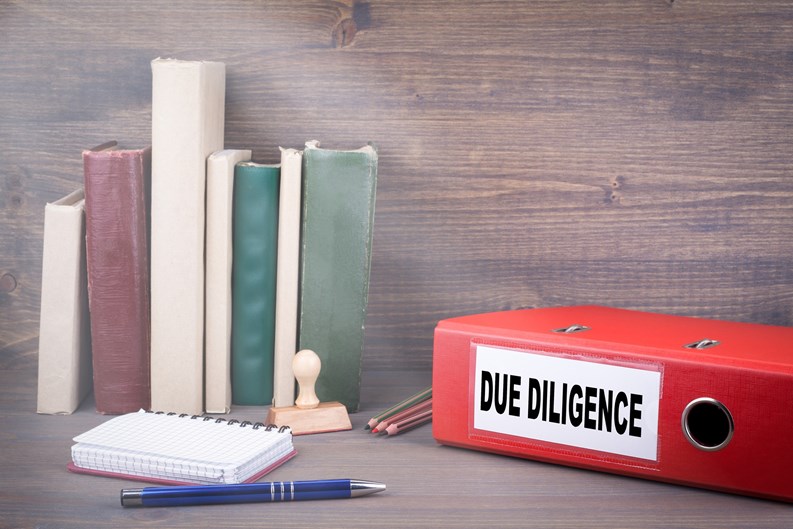

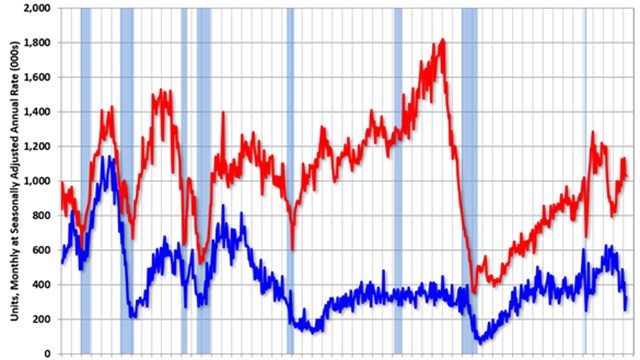
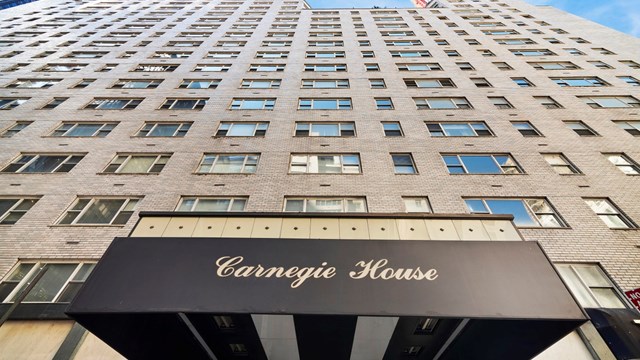

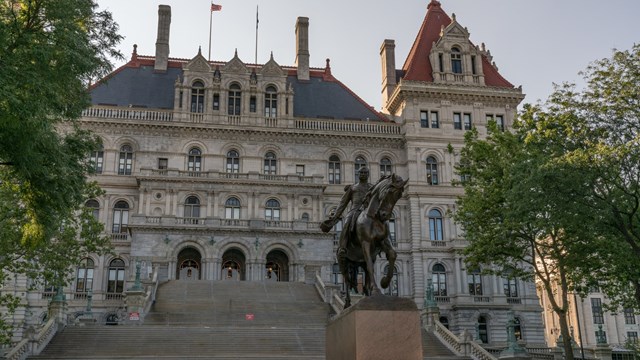
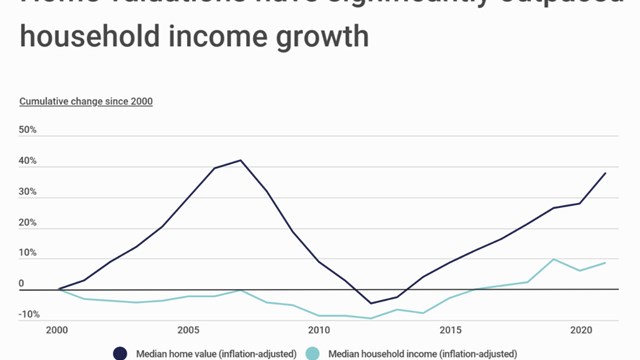
Leave a Comment